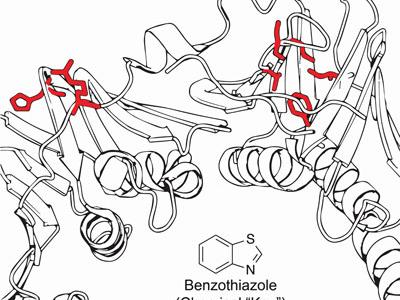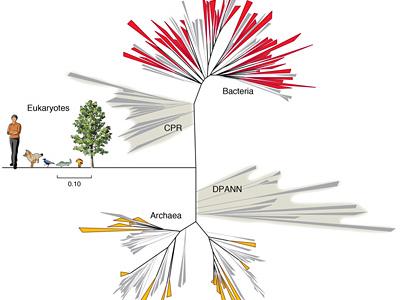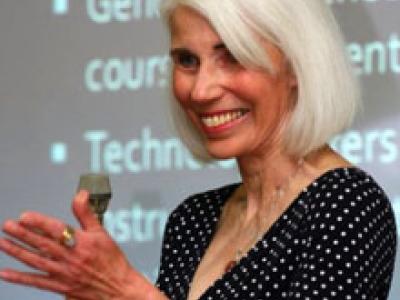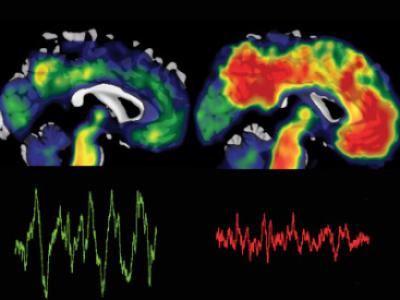Humans’ built-in GPS is our 3-D sense of smell
Like homing pigeons, humans have a nose for navigation because our brains are wired to convert smells into spatial information, new research shows. Similar investigations have been conducted on birds and rodents, but this is the first time smell-based navigation has been field-tested on humans. The results evoke a GPS-like superpower one could call an “olfactory positioning system.”










